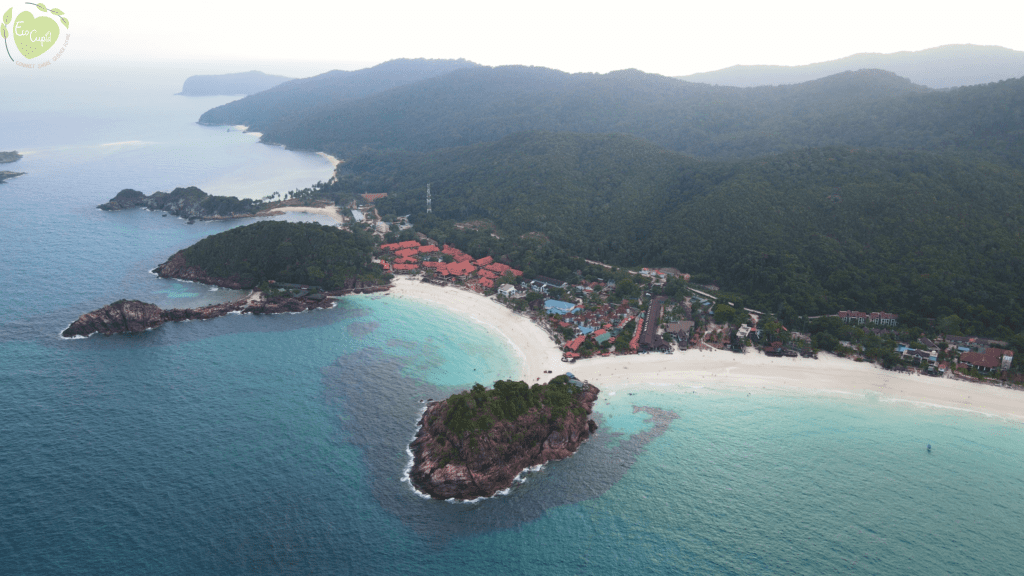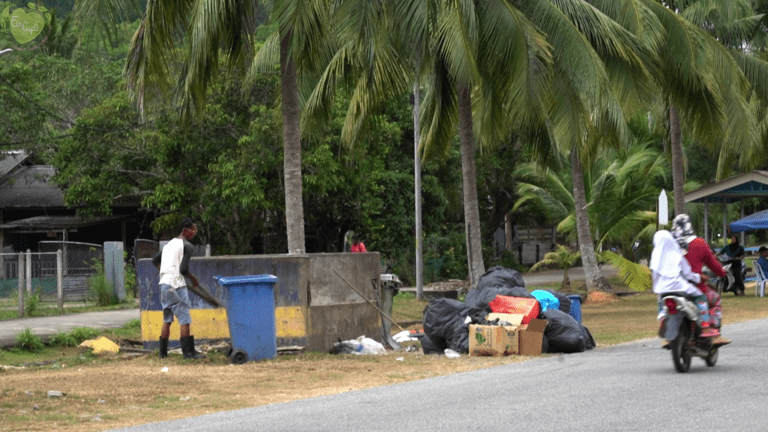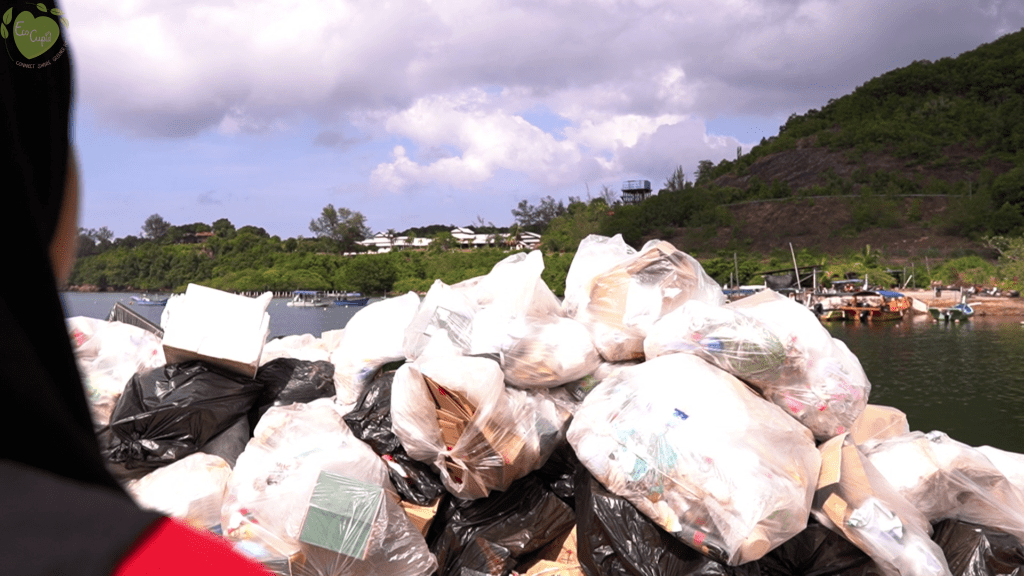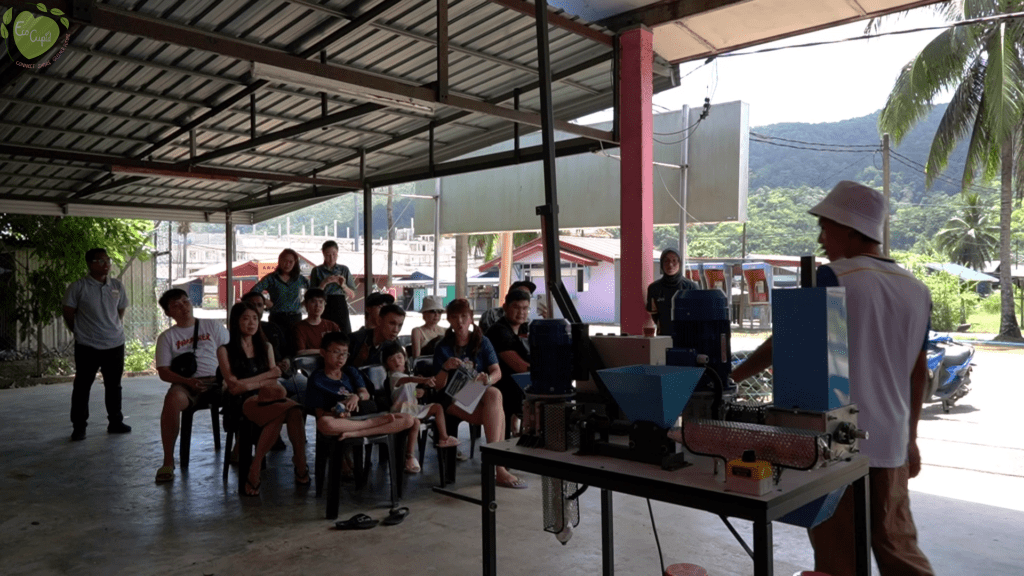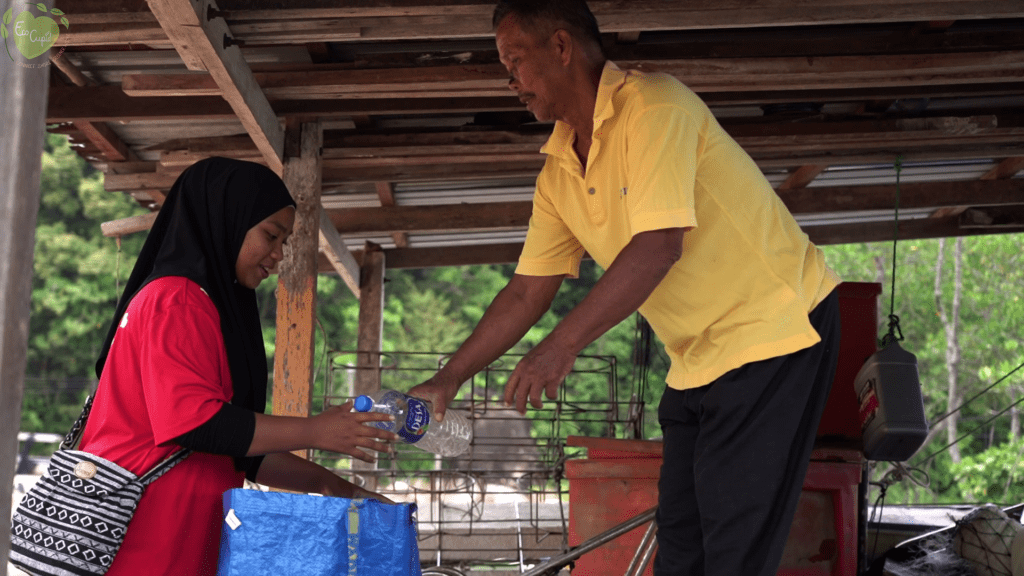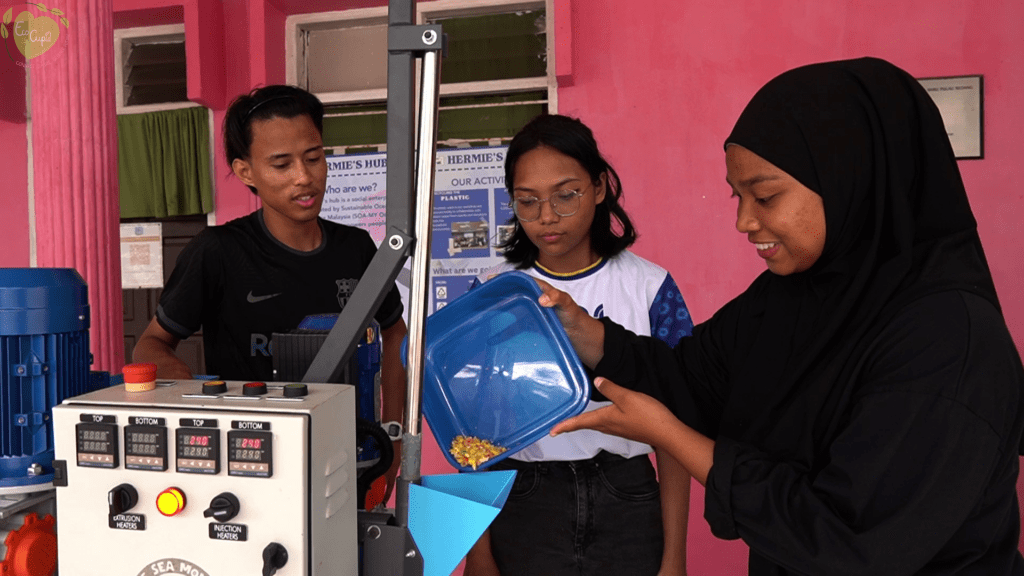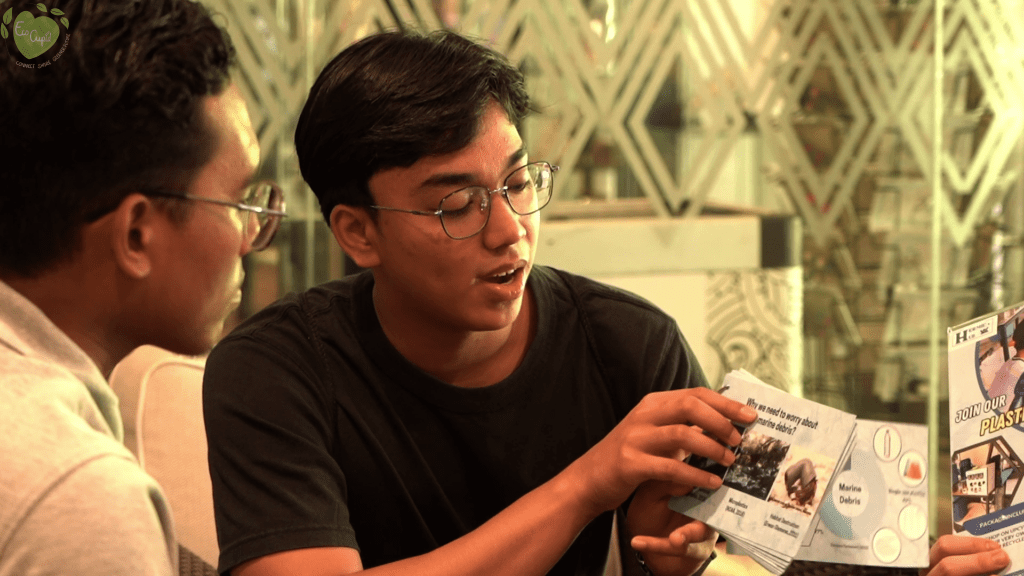Eco-Heroes
Island Youths in Malaysia Start a Plastic Waste Upcycling Tour together with Beach Resorts
14 June 2024
by Bryan Yong
A local university eco-project brings together a group of island youths passionate about marine conservation and resort operators to begin a plastic waste upcycling tour under a social enterprise model.

